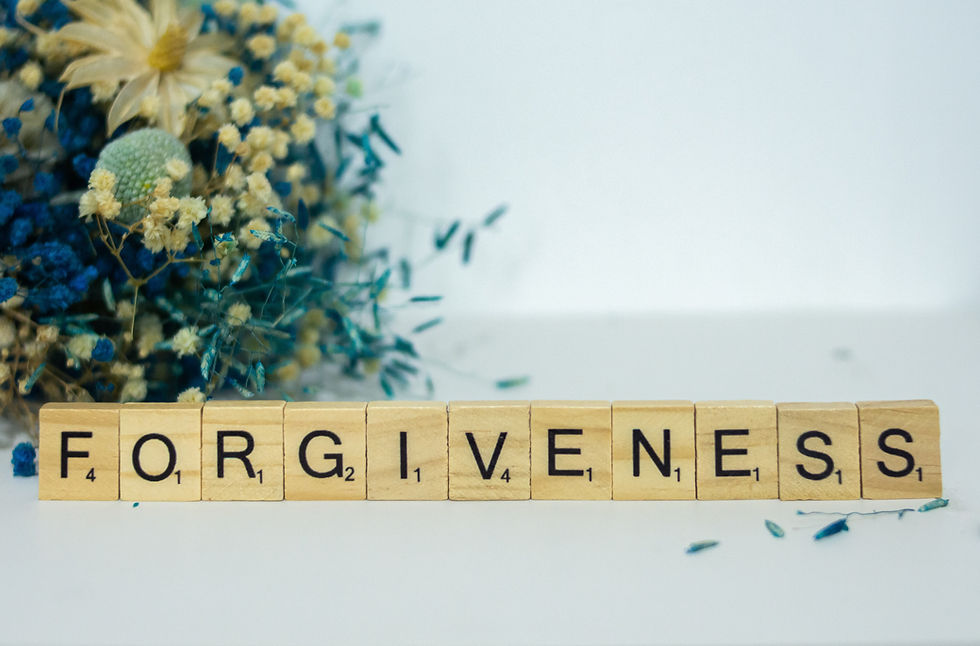How Trauma Affects the Brain: Understanding PTSD in Survivors
- Sharon's Wings of Hope

- Feb 3, 2025
- 2 min read
Experiencing domestic violence or any form of prolonged abuse can have a profound impact on the brain. Survivors often face emotional, psychological, and physical effects long after the abuse has ended. One of the most common responses to trauma is post-traumatic stress disorder (PTSD) a condition that affects a survivor’s ability to feel safe, trust others, and navigate daily life. In this blog, we will explore how trauma changes the brain and why understanding PTSD is crucial for healing. How Trauma Affects the Brain
The Amygdala: The Brain's Fear Center
Trauma heightens the activity of the amygdala, the part of the brain responsible for detecting threats.
Survivors often experience hyper vigilance, making them constantly on edge and easily startled.
The Hippocampus: Memory and Trauma Processing
Trauma disrupts the hippocampus, making it difficult to differentiate between past and present danger.
This is why survivors may experience flashbacks and nightmares as if they are reliving the abuse.
The Prefrontal Cortex: Logical Thinking and Decision Making
Trauma reduces activity in the prefrontal cortex, impairing a survivors's ability to think clearly and make decisions.
Survivors may struggle with self-doubt, second-guessing their experiences, and difficulty planning for the future.
How PTSD Manifests in Survivors
Intrusive Thoughts & Flashbacks: Vivid recollections of traumatic events that feel real.
Avoidance Behavior: Survivors may avoid places, people, or conversations that trigger painful memories.
Emotional Dysregulation: Frequent mood swings, anxiety, depression, or feelings of numbness.
Hypervigilance & Sleep Issues: Difficulty relaxing, feeling unsafe, and experiencing insomnia.
Healing From Trauma
Therapy & Support Groups – Seeking professional help can provide coping mechanisms to process trauma safely.
Mindfulness & Grounding Techniques – Deep breathing, meditation, and journaling can help regulate emotions.
Self-Compassion & Patience – Healing takes time, and survivors must remind themselves they are not broken.
Understanding how trauma affects the brain helps survivors and their loved ones navigate the healing journey with compassion. Recovery is possible with the right support, and no survivor has to face PTSD alone. If you or someone you know is experiencing domestic violence, know that you are not alone. Help is available, and it’s never too late to start the journey toward healing. Visit Sharon’s Wings of Hope for resources, support, and guidance. Together, we can turn pain into power and hope into healing. Reach out today and take the first step toward a brighter tomorrow.
You deserve a life of peace, safety, and empowerment.





Comments